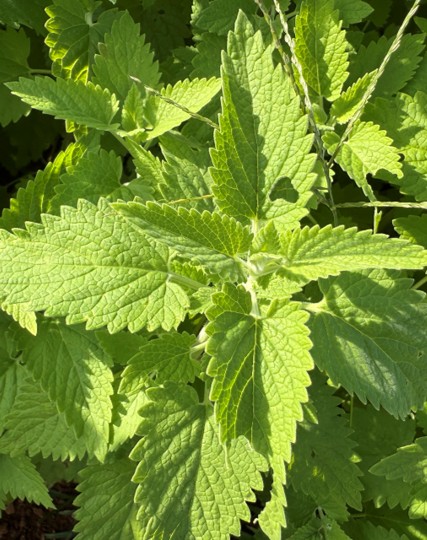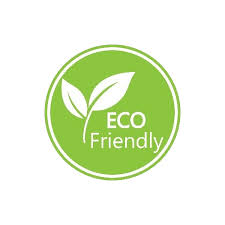VIETNAM CATNIP PROJECT - SUSTAINABLE AGRICULTURE & PET WELLNESS
Pure & Natural - Bringing Joy to Cats Worldwide
Presented by (Intnet HK Limited)

PROJECT OVERVIEW
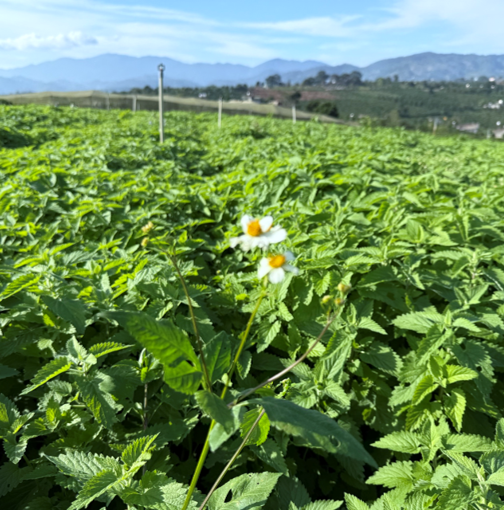
The Vietnam Catnip Project
focuses on producing high-quality, organic catnip, ensuring global standards while supporting local farmers and sustainability
- To Provide premium pesticide-free catnip for international market
- To Empower local famers through fair trade and innovative agriculture
- To Enhance cat wellness with naturally potent catnip
- The United States
- Europe
- Japan
why vietnam?

Geographical Advantage:
- Vietnam's ideal climate and soil foster richer aroma and higher nepetalactone content.
- Local famers have deep experience in herbal farming, making production process more efficient
Industry Growth:
- Vietnam's agricultural transformation is advancing, adopting sustainable faming methods
- Cost-effective production enhances global competitiveness
GROWTH CYCLE BREAKDOWN 5 STAGES IN 12 WEEKS
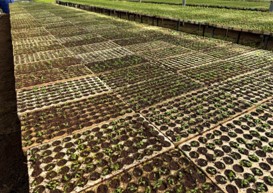
Stage 1 (1 -2 weeks)
Requiring adequate sunlight and moisture
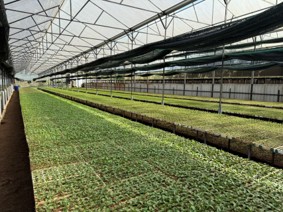
Stage 2 (2- 4 Weeks)
Root establishment and nutrient absorption
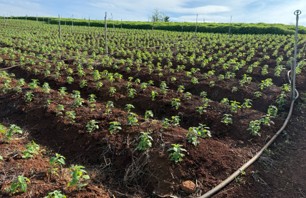
Stage 3 (4 - 8 Weeks)
Leaf expansion and increased nepetalactone productions
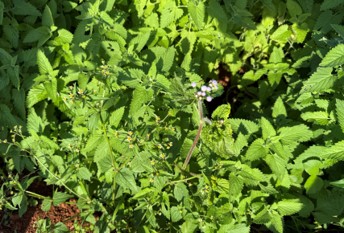
Stage 4 (8 -12 Weeks)
White or purple flowers bloom, optimal harvest period

Stage 5 (Post 12 Weeks)
Peak potency, ready for harvesting
CULtivation

harvesting
Planting Methods:
- Organic farming practices ensures pesticide-free catnip
- Crop rotation involves alternating catnip with other herbs to maintain soil health
Harvesting Process:
- Hand-harvesting is used for small-scale farms to select premium leaves
- Machine-harvesting is employed for large-scale operations to improves efficiency
Harvest Timing:
- Harvesting before full bloom is essential to maximize nepetalactone potency
PROCESSING & ROASTING
Drying Techniques:
Low-temperature drying (40-50°C) preserves fragrance and potency.
Natural air drying reduces energy consumption for sustainability.
Roasting Methods:
Low-heat roasting (50-60°C) maintains active compounds and aroma.
High-temperature roasting (80-100°C) enhances scent but may reduce potency.
Filtering & Refinement:
Coarse grinding – Used for toys and filler.
Fine powdering – Suitable for sprays and treats.
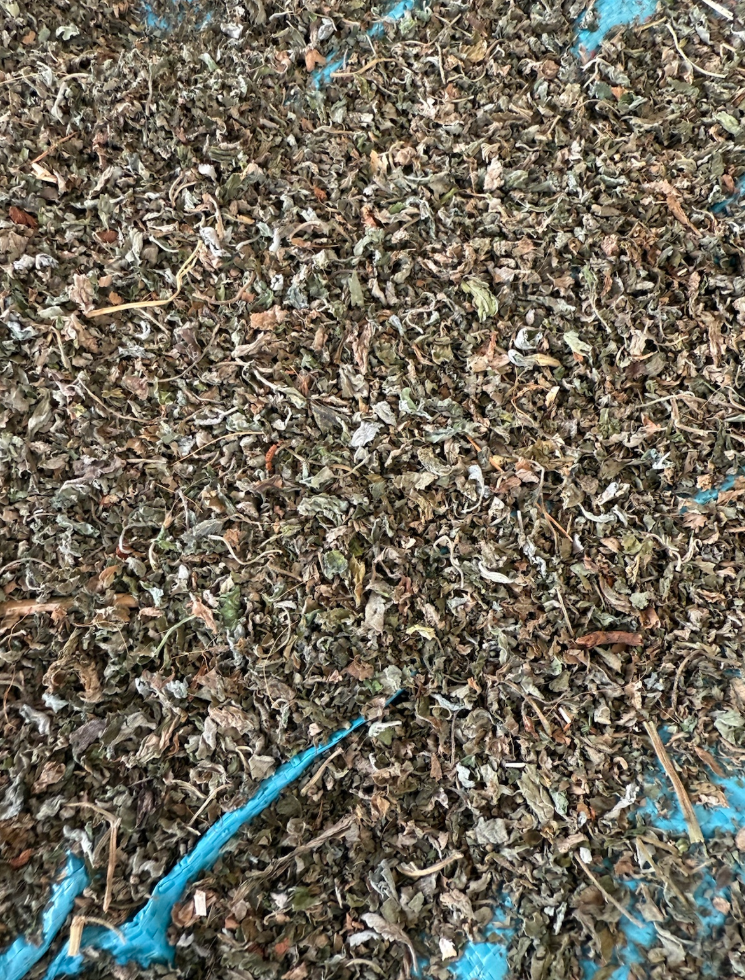

Catnip Products:
Dried Catnip Leaves – Used in toys, scratching posts, and direct play. Catnip Spray – Extracted essential oils, sprayed on pet accessories. Chew Sticks – Blended with coffee wood for dental benefits. Catnip Treats – Mixed with tapioca flour and fish powder for pet snacks.
Packaging & Storage:
Biodegradable packaging to reduce plastic waste. Vacuum-sealed bags for extended freshness.

- Crop rotation protects soil health and biodiversity
- Low-carbon agriculture reduces environmental impact
- Leaf residues repurposed for pet bedding and natural insect repellents
- Stalk recycling used for cat scratching posts and biodegradable toys .
Global Trends:
According to the American Pet Products Association (APPA), the global pet industry reached $232 billion, with rising demand for catnip-related products
Competitive Analysis:
Western brands like KONG, Yeowww! dominate, but Vietnamese catnip offers unique origin advantages
Marketing Strategy:
Social media campaigns (Facebook, Instagram, Tiktok)
Veterinary and pet store partnerships to boost credibility
Project Impact Summary:
Providing healthier, more potent catnip for pets worldwide
Promoting sustainable agriculture, ensuing long-term market presence
Future Expansion:
Developing new catnip products like sprays, treats, and eco-friendly packaging
Entering pets’ market in U.S., Europe and Japan, establishing brand recognition globally
Albert Tsang
+852 9035 7637 (HK)
+84 77 880 7637 (VN)
albert@intnet.com.hk
albert@winwinww.com
https://winwinww.com
